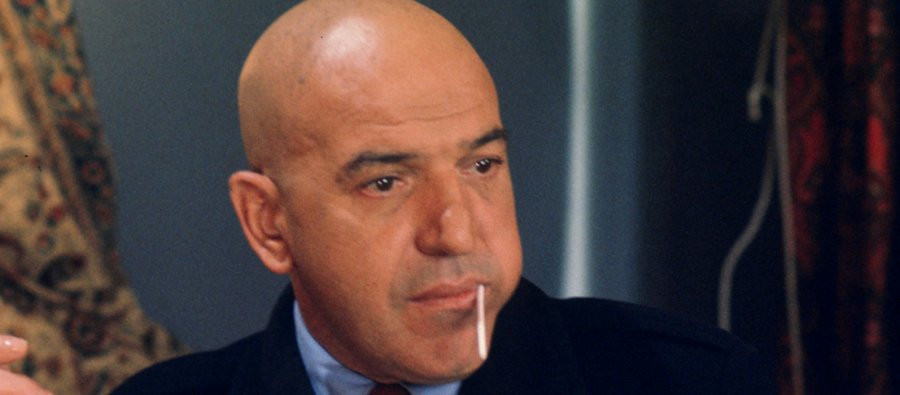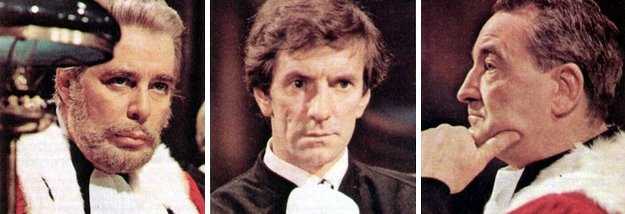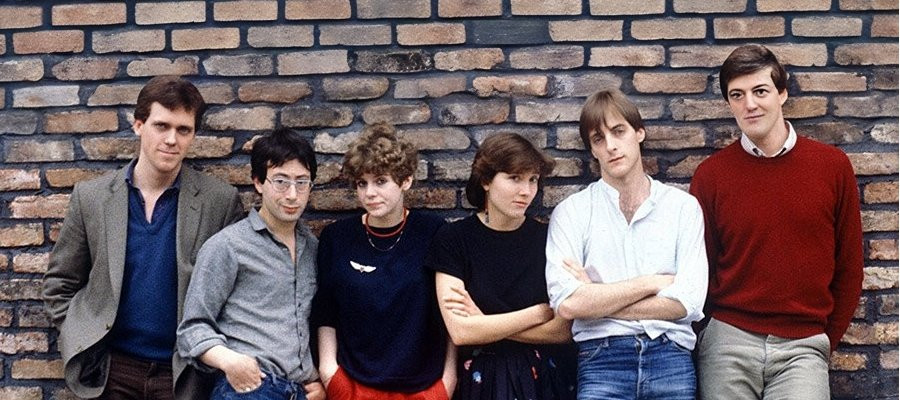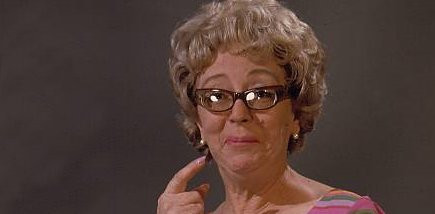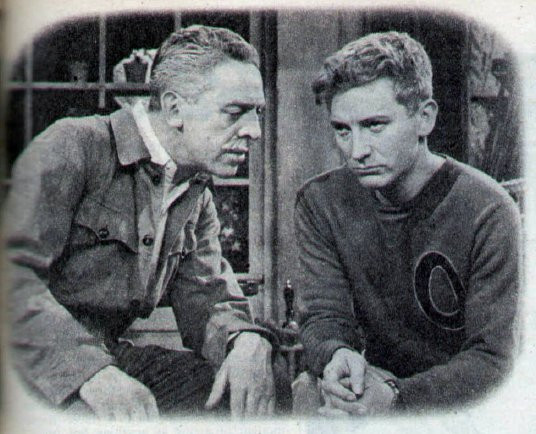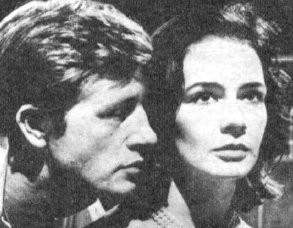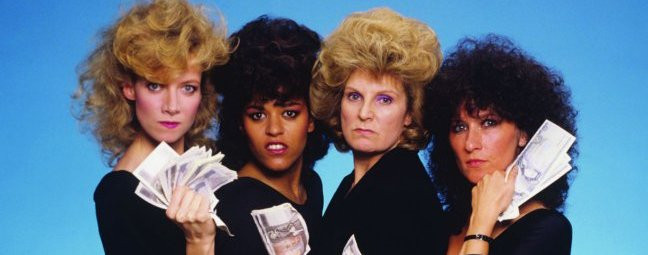
Widows
1983 - United KingdomWidows is the story of four women, three of whom are suddenly widowed when their husbands are killed during a botched armed robbery attempt in the middle of London. But one of the widows, Dolly Rawlins (Ann Mitchell), discovers she is sitting on a potential goldmine because her husband, Harry, kept a ledger detailing all his robberies over the years including the plans for a daring raid on a security van, which his gang had not yet carried out. Using Harry's ledgers, Dolly enlists the help of the other widows, plus a stripper, Bella O'Reilly (Eva Mottley) and resolve to pull off the raid themsleves.
The widows plans are further complicated by the interest of Met Police Inspector Resnick (David Calder) and a local rival gang, the Fisher brothers, who also want to get their hands on Harry's books. At the same time, Dolly, Bella, Shirley Miller (Fiona Hendley) and Linda Pirelli (Maureen O'Farrell) are almost torn apart by rumour and mistrust when it is discovered that a fourth man in the fatal raid escaped - leaving their husbands for dead.
Widows marked the major writing debut of Lynda La Plante, who was better known up until then as character actress Lynda Marchal. Whilst filming an episode of The Gentle Touch, Lynda complained to that show's star, Jill Gascoine, about the poor dialogue the actresses had been given and claimed she could do better. Gascoine encouraged her to do so. Lynda came up with the idea for Widows and submitted it to London Weekend Television. They turned it down. She then turned to Euston Films' (the company responsible for The Sweeney and Minder) executive Verity Lambert. Lambert liked the idea and alerted Linda Agran, the company's Director of Development (and Executive Producer on Widows). Agran recalled in interview what happened next: "Lynda came in with an idea which she claimed she couldn't write. She said it's a six-parter and outlined it." Although Lynda La Plante had written before this was by far her most ambitious project and she wasn't confident of carrying it off. "I said I'll commission the first script," said Linda Agran, "and if it's any good I'll commission the other five and then you'll have to do it unless you want to be really embarrassed and start returning the money. The first one came in and it was terrific."
Although the script for the first episode was overlong (running at about two hours) Linda Agran did nothing to discourage La Plante and told her to keep going. "When she (La Plante) had finished we had this huge file and then I said "Right, now we'll start again." So she and I virtually locked ourselves away and went through it." In the original story outline the widows don't get away with the robbery. But Verity Lambert said she wouldn't give the go ahead for the project unless they did!
The director of Widows was Ian Toynton who was approached by Linda Agran after four of the six scripts were completed. He said yes immediately, impressed with the strength and depth of the characterisation. This, according to Linda Agran is because this was the first drama series made for women by women. Not just writing it but from every aspect including the casting. "When I was working on it right at the beginning people used to say "Oh, it's about women. Nah, it won't work, people won't watch it. Women won't watch it because they won't be interested enough and it'll turn men off." But they were absolutely wrong!" In fact, week on week Widows' audience increased.
Widows concluded with the widows successfully pulling off the raid and escaping to Rio. In the final scenes, however, they discovered that the "fourth man" was in fact Harry Rawlins (Maurice O'Connell), Dolly's husband. Shortly after it finished Thames Television started to make enquiries about the possibility of a second series. Initially Linda Agran was not in favour of it, but she agreed to speak to Lynda La Plante. "It was really just to go through the motions so I could say, right I've been down that path and it can't be done." Instead, as they discussed what might have happened to the widows next they became caught up in it and the result was 1985's Widows 2.
The second series saw the widows return from Rio to track down Harry Rawlins, who the widows have a score to settle with for running out on their husbands. For this second series, Debby Bishop took over the role of Bella, after Eva Mottley had died from a drugs overdose. There was no happy ending for Dolly in this series and she ended up going to prison. Ten years later, viewers caught up with her again as she was released from prison. In She's Out in 1995 Dolly's new companions in crime were - Ester Freeman (Linda Marlowe), Julia Lawson (Anna Patrick), Gloria Radford (Maureen Sweeney), Connie Stephens (Zoe Heyes), Angela Dunn (Indra Ove) and Kathleen O'Reilly (Maggie McCarthy).
The success of the first series alerted US producers to the possibility of a TV movie version. The American Cable service Showtime made an offer but eventually it fell through. It wasn't until 2002 that Widows was re-made for the US market, but the plot was changed. Instead of a traditional armed robbery, the US version united the three widows and the fourth woman in a plan to steal a famous painting. Widows was Lynda La Plante's first successful foray into a territory she has made her own. She formed her own television production company, La Plante Productions in 1993 and the company has gone on to produce a stunning slate of innovative dramas with proven success and enduring international appeal. Prime Suspect (starring Helen Mirren) garnered many awards including six British Academy Awards. Widows was nominated for a BAFTA award in 1982.
Seen this show? How do you rate it?
Seen this show? How do you rate it?
Published on February 12th, 2019. Written by Marc Saul (2010) Sources of reference: Made for Television: Euston Films Limited by Manuel Alvarado and John Stewart (1985) Various others for Television Heaven.



